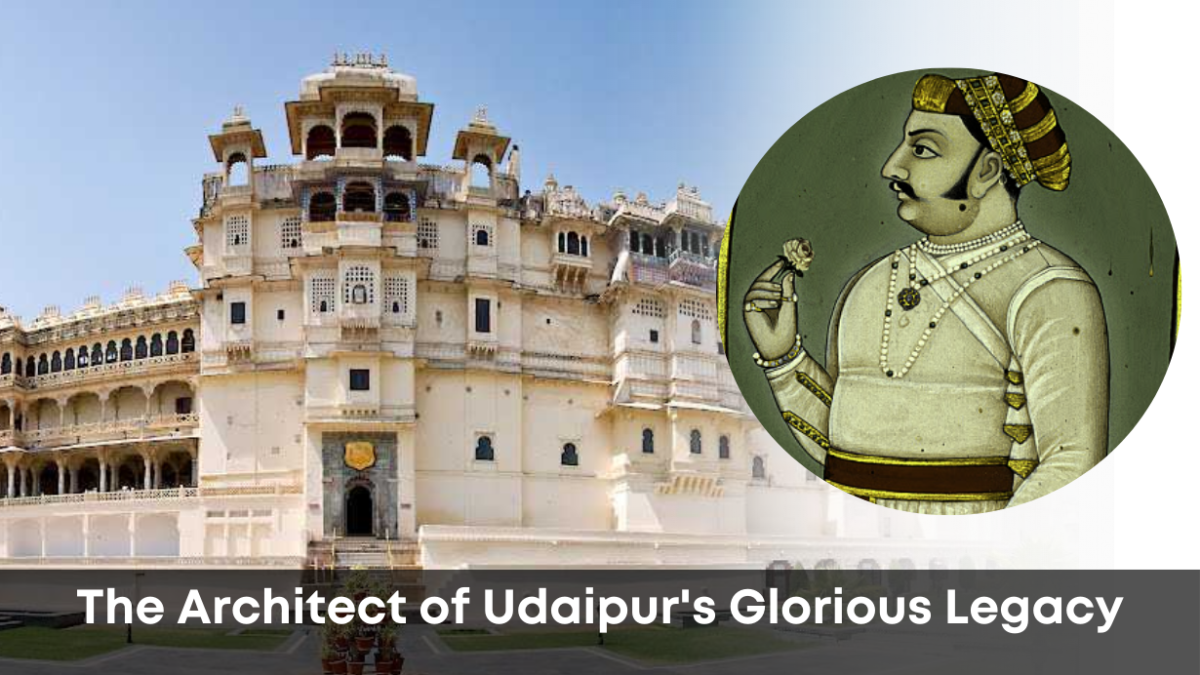The Architect of Udaipur’s Glorious Legacy

In the annals of Indian history, the name Maharana Udai Singh stands as a symbol of valor, foresight, and a profound commitment to his people. As the founder of Udaipur, he left an indelible mark on the cultural and architectural landscape of Rajasthan, crafting a city that continues to enchant visitors with its regal charm and timeless beauty.
Udai Singh was born in the illustrious lineage of the Sisodia Rajputs, a clan renowned for its bravery and resilience. From a young age, he displayed remarkable leadership qualities and a keen understanding of statecraft. These traits would be tested and honed as he ascended to the throne amidst tumultuous times.
The early years of Udai Singh’s reign were marked by upheaval and uncertainty. Threatened by external adversaries and internal strife, he faced formidable challenges in securing the future of his kingdom. Yet, it was amidst these trials that his vision for a new capital began to take shape.
Perched amidst the Aravalli hills, Udaipur emerged as Udai Singh’s vision translated into reality. Strategically located and fortified, the city offered a sanctuary of peace and stability amidst a tumultuous region. Its intricate network of lakes, palaces, and temples bore testimony to Udai Singh’s meticulous planning and architectural prowess.
Central to Udaipur’s allure is the majestic City Palace, a sprawling complex that serves as a testament to the opulence of Rajputana royalty. Constructed over centuries, it reflects a seamless blend of Mughal, Rajput, and European architectural influences. As the residence of the Mewar rulers, it stands as a living repository of history and heritage.
Udai Singh’s legacy extends beyond the realm of architecture. He was a patron of the arts and a champion of culture, fostering an environment where creativity flourished. The vibrant traditions of music, dance, and literature found patronage at his court, enriching the cultural tapestry of Udaipur.
Yet, perhaps Udai Singh’s greatest legacy lies in his unwavering commitment to his people. He ruled with benevolence and empathy, earning the adoration and loyalty of his subjects. His egalitarian policies ensured that justice was dispensed without fear or favor, fostering a sense of unity and cohesion among his diverse subjects.



